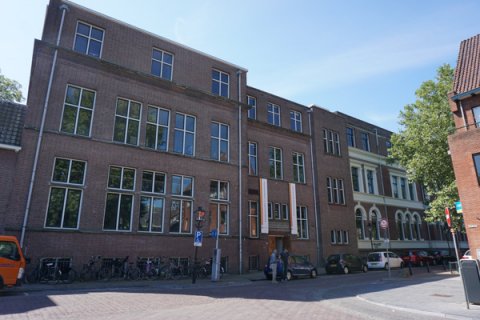Yesterday, Wikileaks announced in a press conference in London that it was ready to commence the leaking of over 2.4 million emails originating from the Syrian regime.
Wikileaks, which specialises in digital leaking of government documents, admitted to not having been able to verify every document separately. However, the NGO added that it was ‘statistically confident that the vast majority of the data are what they purport to be’.
The leaking of the Syrian documents is the largest operation carried out by Wikileaks up until now. The leaking of US diplomatic correspondence in 2010, which has come to be known under the name of “cablegate”, entailed only just over 10% of the amount of documents. Wikileaks said it expected the leak would embarrass both Syria’s ruler Bashar al-Assad and his adversaries. Meanwhile, its figurehead Julian Assange is in the Ecuadorian embassy in London awaiting an application for political asylum.
The leaking of government information has, over the past years, attracted wide attention in the media but it is often overlooked as another form of government transparency (namely externally forced) that. Academics are not universally enthousiastic about the phenomenon of popular transparency. Last year, FOI expert Alasdair Roberts published a critical article on Wikileaks and forced transparency.
In the EU too, leaking continues to be a frequent occurrence. When some time ago the Dutch Senate published a document on its website that had been leaked by civil rights organisation Statewatch, the Commission threatened it with legal action. –MH
Click here to read more about the recent Wikileaks leak
Click here to go to the Syria files on the Wikileaks website

